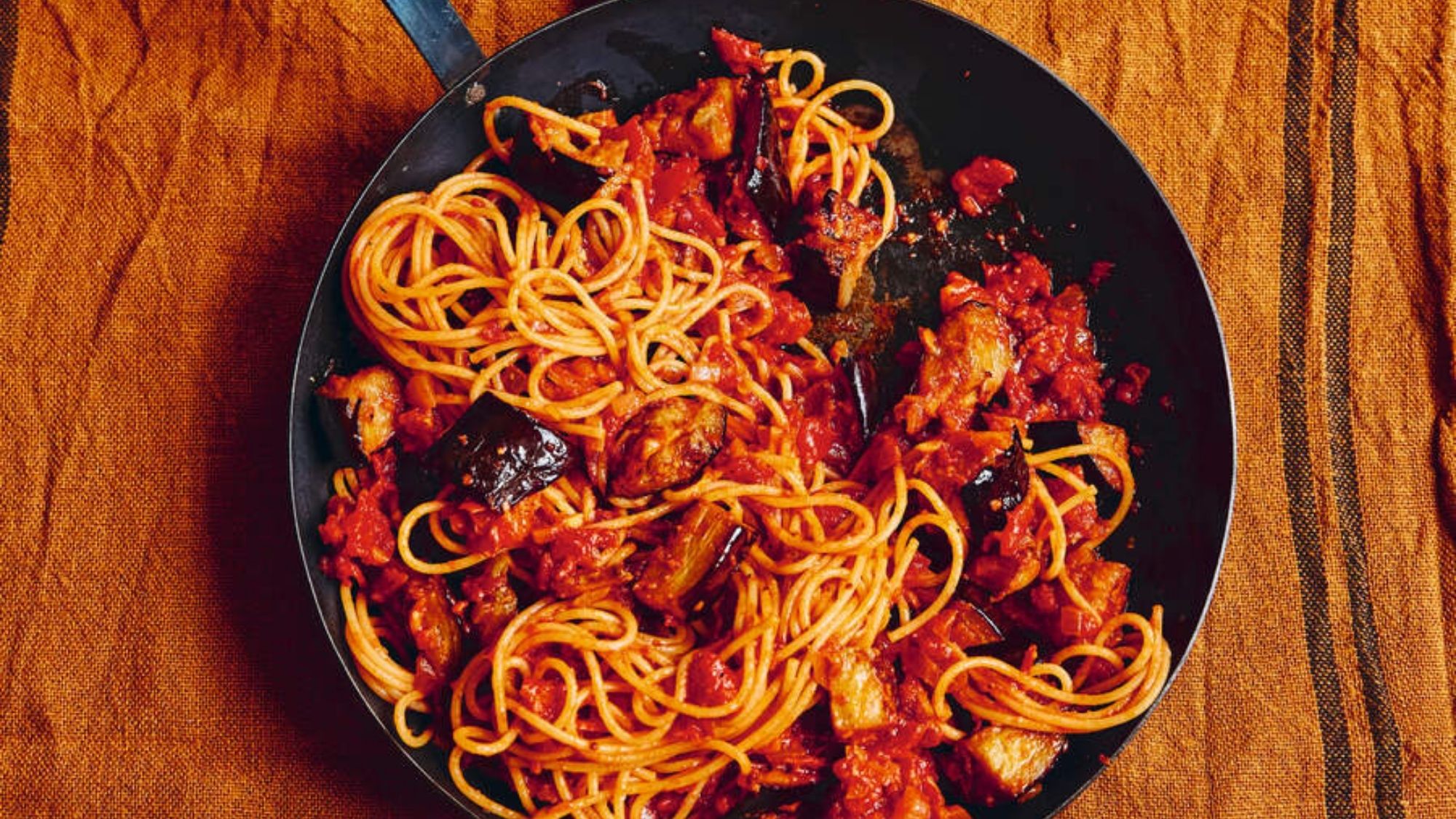The Deep South primaries are only the end of the beginning
Many pundits are hyping Tuesday's races as the most important of the campaign. But really, we're just getting warmed up


Tonight, voters in Alabama and Mississippi trudge to the polls, while voters in Hawaii and American Samoa enjoy better weather on their way to their own caucuses to choose a candidate for the Republican presidential nomination. This will undoubtedly be The Most Important Night of the Campaign, at least since the previous Most Important Night of the Campaign, and perhaps even until the next Most Important Night of the Campaign. Those following the nomination sweepstakes will be advised to stick closely to their televisions and radios lest they miss that moment when the number of precincts reporting goes from 23 percent to 25 percent, or they will miss A Very Critical Point in the evening.
Sound familiar? We have heard the same advice since the Iowa caucuses, and never as much as a week ago, when Super Tuesday was built up as the make-or-break moment in the campaign. And yet, all four Republican candidates remain active on the trail, making their pitch to voters and strategizing in both private and public about how to win the nomination, despite long odds for some. Nothing much changed after any of these nights, and nothing much may change after tonight, either.
Tonight may be the end of the beginning, if not the beginning of the end.
The Week
Escape your echo chamber. Get the facts behind the news, plus analysis from multiple perspectives.

Sign up for The Week's Free Newsletters
From our morning news briefing to a weekly Good News Newsletter, get the best of The Week delivered directly to your inbox.
From our morning news briefing to a weekly Good News Newsletter, get the best of The Week delivered directly to your inbox.
Between the two Southern states holding binding primaries tonight, candidates will vie for 90 delegates, with another 29 delegates theoretically up for grabs in the two non-binding caucuses. Given the close polling in Alabama and Mississippi, Mitt Romney, Rick Santorum, and Newt Gingrich can each expect to get a portion of the haul. Each will use the delegate allocations to claim vindication for continuing on in the race, assuming that the polling seen in the last few days hasn't masked an overwhelming surge for undisputed delegate leader Mitt Romney.
However, to borrow a phrase from Winston Churchill, tonight may be the end of the beginning, if not the beginning of the end. The primary schedule slows down considerably after tonight's contests. After a serial start to the caucuses and primaries in January, most of the last six weeks have kept candidates busy campaigning in multiple states. That reached its apex in last week's Super Tuesday battles in 10 states. Now, the four states today provide a last echo of the opening phase of the nomination fight. By the time the polls and caucuses close tonight, we will have completed 30 primaries and caucuses.
From this point forward, the contests come mostly one at a time — and with some significant down time between them. Missouri, Puerto Rico, and Illinois will take place over the next week, followed on the March 24 by Louisiana's primary — but these all come singly rather than get lumped into one day. After Louisiana, Republicans have 10 days off before they spoil my birthday on April 3 with three primaries — and then another three weeks go by before five states hold primaries on April 24.
The sudden deceleration of the nomination process has some consequences for the race besides giving pundits more time to do math and analyze polls. The advantages of money and organization are most critical when candidates have to campaign simultaneously in several states, as has been the rule for most of the last six weeks. Now that the candidates have more time between contests, the money advantage matters less, and the three candidates not named Mitt Romney have less pressure on them to concede and withdraw.
A free daily email with the biggest news stories of the day – and the best features from TheWeek.com
That doesn't make tonight's contests entirely inconsequential, either. Romney has a large delegate lead — counting the presumed delegate allocations from non-binding caucuses, he leads Santorum 455-199, which means he has a lead of almost three times the total number of delegates up for grabs tonight. Santorum has won several primaries now, in Missouri (non-binding), Tennessee, and Oklahoma, as well as several caucuses, the most recent in Kansas by an overwhelming vote. Both have plenty of credibility as winning candidates, and should be taken seriously as the race continues.
Newt Gingrich, on the other hand, needs wins badly. He only has two in 26 contests: South Carolina and his "home" state of Georgia. He came in third in Tennessee last week, the only other Southern state contest. Gingrich needs wins in both Alabama and Mississippi to claim the South as his base, which will be a key bloc for Republicans in the general election. Losing one of the two to Santorum won't necessarily be immediately fatal to Gingrich's credibility, but losing one or both to Romney would be. Romney seems to have faded a bit from an initial strong poll showing in Mississippi, but he's within a point or two of the lead in Alabama. Winning a Southern state from Gingrich would give Romney bragging rights, having won in multiple, diverse areas of the country, while Gingrich's inability to beat Romney practically next door to the state he claims as his base would undermine his potency as a conservative alternative to Romney in April and May. If that happens, or if Santorum wins both Alabama and Mississippi, Gingrich might be persuaded to withdraw from the race.
That may be the only game-changing scenario at play in tonight's contests. Now that the end of the beginning has arrived and a gentler schedule is at hand, there will be little motivation left for withdrawal. If Gingrich wins both of the Southern states or manages to split them with Santorum, then the nomination process will move forward much as we have seen it for the last two months. Only mathematical elimination will suffice, which will likely come after the elimination of voter interest in the particulars of the internecine fight.
Edward Morrissey has been writing about politics since 2003 in his blog, Captain's Quarters, and now writes for HotAir.com. His columns have appeared in the Washington Post, the New York Post, The New York Sun, the Washington Times, and other newspapers. Morrissey has a daily Internet talk show on politics and culture at Hot Air. Since 2004, Morrissey has had a weekend talk radio show in the Minneapolis/St. Paul area and often fills in as a guest on Salem Radio Network's nationally-syndicated shows. He lives in the Twin Cities area of Minnesota with his wife, son and daughter-in-law, and his two granddaughters. Morrissey's new book, GOING RED, will be published by Crown Forum on April 5, 2016.
-
 Political cartoons for January 17
Political cartoons for January 17Cartoons Saturday’s political cartoons include hard hats, compliance, and more
-
 Ultimate pasta alla Norma
Ultimate pasta alla NormaThe Week Recommends White miso and eggplant enrich the flavour of this classic pasta dish
-
 Death in Minneapolis: a shooting dividing the US
Death in Minneapolis: a shooting dividing the USIn the Spotlight Federal response to Renee Good’s shooting suggest priority is ‘vilifying Trump’s perceived enemies rather than informing the public’
-
 The billionaires’ wealth tax: a catastrophe for California?
The billionaires’ wealth tax: a catastrophe for California?Talking Point Peter Thiel and Larry Page preparing to change state residency
-
 Bari Weiss’ ‘60 Minutes’ scandal is about more than one report
Bari Weiss’ ‘60 Minutes’ scandal is about more than one reportIN THE SPOTLIGHT By blocking an approved segment on a controversial prison holding US deportees in El Salvador, the editor-in-chief of CBS News has become the main story
-
 Has Zohran Mamdani shown the Democrats how to win again?
Has Zohran Mamdani shown the Democrats how to win again?Today’s Big Question New York City mayoral election touted as victory for left-wing populists but moderate centrist wins elsewhere present more complex path for Democratic Party
-
 Millions turn out for anti-Trump ‘No Kings’ rallies
Millions turn out for anti-Trump ‘No Kings’ ralliesSpeed Read An estimated 7 million people participated, 2 million more than at the first ‘No Kings’ protest in June
-
 Ghislaine Maxwell: angling for a Trump pardon
Ghislaine Maxwell: angling for a Trump pardonTalking Point Convicted sex trafficker's testimony could shed new light on president's links to Jeffrey Epstein
-
 The last words and final moments of 40 presidents
The last words and final moments of 40 presidentsThe Explainer Some are eloquent quotes worthy of the holders of the highest office in the nation, and others... aren't
-
 The JFK files: the truth at last?
The JFK files: the truth at last?In The Spotlight More than 64,000 previously classified documents relating the 1963 assassination of John F. Kennedy have been released by the Trump administration
-
 'Seriously, not literally': how should the world take Donald Trump?
'Seriously, not literally': how should the world take Donald Trump?Today's big question White House rhetoric and reality look likely to become increasingly blurred
